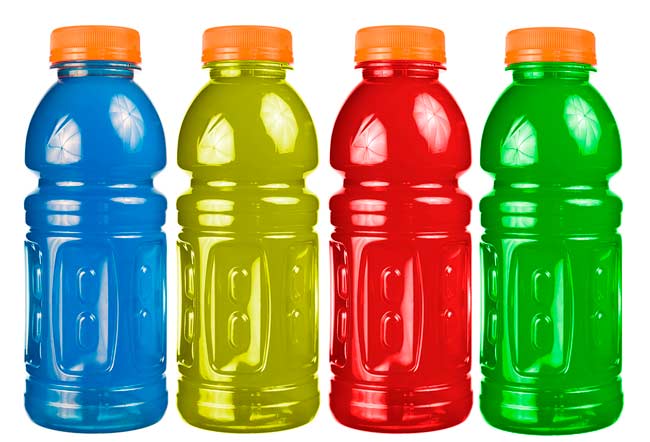- Make It Yourself Lavender Heart-Shaped Bath Bombs!
- 20 Things You Never Knew About “Down There”
- 12 Best Foods For Those Suffering From Arthritis Pain
- 12 Personal Hygiene Mistakes Almost Everyone Makes (Mom Never Told You About #4!)
- 15 Medicinal Plants And Herbs From The Cherokee People
- 12 Mind-Blowing Benefits Of Drinking Coconut Water During Pregnancy
- 12 Outstanding Winter Foods That Won’t Fatten You Up Like A Christmas Turkey
One Popular Drink Greatly Increases Your Risk of Heart Attack

Photo credit: bigstock.com
The number of emergency room visits that were related to the consumption of energy drinks between the years of 2007 and 2011 nearly doubled. Most cases involved young adults between the ages of 18 to 25, followed by those aged 26 to 39.
In one study recently performed at the University of Bonn in Germany, researchers used an MRI to measure the function of the heart in 18 healthy subjects both before and then one hour after consumption of energy drink. All subjects showed a 6 percent increase in the contraction of their heart rate. Researchers believe that it is the unique blend of taurine, caffeine, and sugar in energy drinks that have this terrible effect on the heart.
Researchers also tested a second group using a drink that had caffeine only. Those subjects had no significant increase in their heart contractions. Although it is true that most energy drinks contain half the caffeine of a cup of coffee, but it’s the combination of caffeine, taurine, and sugar that seem to have these dangerous effects on the heart.
SEE ALSO: Killing You Slowly: Energy Drinks
Although this study only focused on the short term effects of these drinks on the heart, one can only imagine the potential damage to the heart that could result from long term consumption of these energy drinks.
The Food and Drug Administration does not regulate these drinks because they are classified as “dietary supplements,” so there have been no studies to determine the safety of these drinks. This terrible lack of regulation or oversight means that manufacturers alone are responsible for the safety of their product, most of which do not have any scientific evidence backing their claims that these drinks are safe.
Many people simply dismiss concerns because caffeine is common in modern day diets. It’s in chocolate, coffee, candy, sodas, tea, and other natural dietary sources. But make no mistake, caffeine is a drug that alters your performance levels, is terribly addictive, and can be toxic, even fatal, when consumed in sufficient quantities.
Continue to Page 3

































Guest
Apr 21, 2015 at 7:51 pm
-> http://www.Posting4Pay.com/usa/position/home-tab=!v5..<-